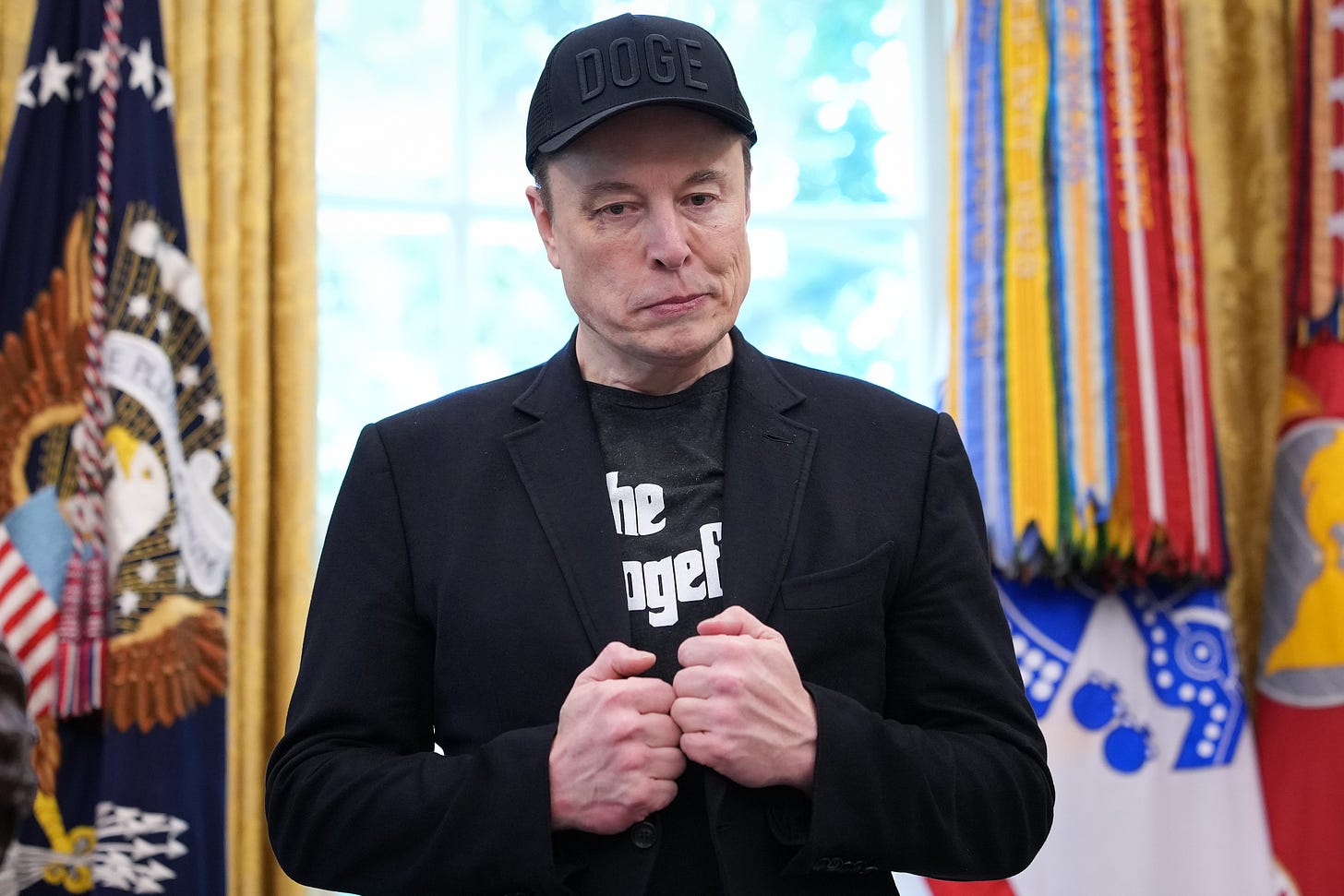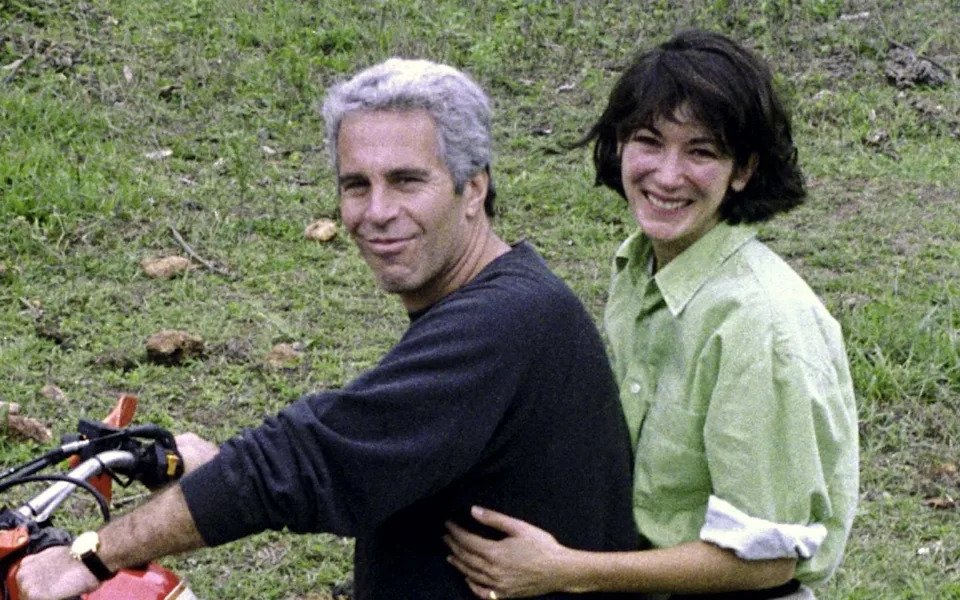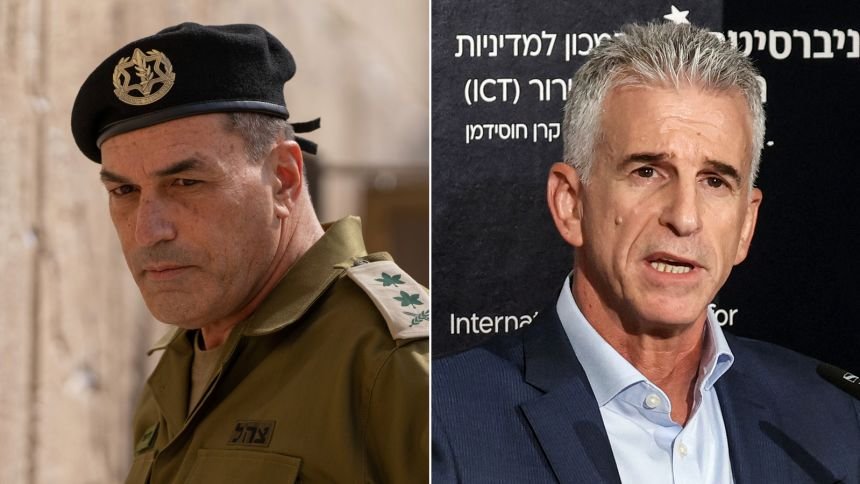THE TRUMP ADMINISTRATION’S REMAKING of American life has been defined by what it’s upended and destroyed, from academia to immigrant communities to government bureaucracies.
But sometimes the damage is done not by demolition but by inertia. Often, those setbacks are the most painful to endure—and the hardest to comprehend.
Nine months ago, during the end-of-the-year government-funding fight, lawmakers stripped several of priorities out of the catchall spending bill at the behest of Elon Musk, who demanded that it be pared down dramatically. Among the programs scrapped was the Give Kids a Chance Act, a piece of legislation that expanded treatments and therapies for pediatric cancer.
At the time, this decision was highly controversial. The Give Kids a Chance Act, which would allow the Food and Drug Administration to authorize experimental combination therapies (regulations currently only allow for single-drug trials) and included incentives for research into rare diseases, had wide-ranging bipartisan support. It was not costly. And the government spending bill was the last real vehicle to get it passed during that congressional session. Removing it and other provisions was viewed as a senseless act of cruelty that made no tangible difference in Musk’s nascent DOGE quest.
But Musk, then an ascendant political force, was not persuaded. Accused of killing off initiatives to help fund pediatric cancer research and expand access to care, Musk and his allies bristled, calling their critics hysterical. They insisted that the Give Kids a Chance Act and other proposals should be considered on their own merits rather than as part of a catchall funding bill. And when that didn’t placate detractors, they dangled the prospect that the next Congress would handle it.
And then inertia set in. Lawmakers moved on. Other controversies erupted. Journalists’ attention was pulled to other crises. (I’m as guilty as anyone. I wrote about the Give Kids a Chance Act when it was axed, but this is the first time I’ve returned to the subject since.)
In the nine months since that December 2024 fight, the Give Kids a Chance Act has been reintroduced in the House, where it has around 270 cosponsors. It was brought back up in the Senate as well, with a major Trump supporter, Markwayne Mullin, leading the charge. I’m told it also has the implicit backing of Bill Cassidy, who chairs the Senate HELP Committee, which would have jurisdiction over the bill. The American Childhood Cancer Organization has urged its passage, collecting signatures from 5,600 patients, advocates, and doctors.
“Literally nobody objects to our bill,” Nancy Goodman, the founder and executive director of Kids v Cancer, told me.
Yet in conversations with lawmakers and aides in the last few weeks, few held out any real hope that the bill will be passed soon. Congress may be staring down another government funding fight at the end of September. This time, however, the Give Kids a Chance Act is unlikely to be ripped out of the bill at the last minute—because it’s unlikely to be included at all.
“I’m gonna make a push and we will talk to leadership on both sides of the committee again,” Rep. Debbie Dingell (D-Mich.), one of the lead cosponsors in the House, told me. “I have to hope because we have had new members sign on, but mainly because this is about kids.”
In the context of the larger fight against cancer, the failure to pass the Give Kids a Chance Act is just one of many political setbacks. The Trump administration has cut hundreds of millions of dollars in federal scientific research funding. It has made moves to end support for research into mRNA vaccine technology, which holds out real promise for cancer treatments. Recently the New York Times reported that a network of hospitals and cancer centers would be “halting enrollment in clinical trials for children with brain cancer after the federal government said it would no longer provide funding to the group.”
Those in the advocacy community say they’ve never seen a bleaker environment. And yet, within this sea of despondence, the inability of Congress to move the Give Kids a Chance Act stands out as uniquely inexplicable.
No lawmaker seems to oppose the legislation. In fact, it’s one of the most bipartisan bills in Congress. The cost of the legislation, even under the slight revisions made by this Congress, remains incredibly low (just $25 million in authorized NIH spending on pediatric cancer research for each of the next two fiscal years). And Congress has shown a willingness to pick up other provisions that Musk ensured were axed from the December spending bill. This past spring, lawmakers passed the Take It Down Act, a pet project of First Lady Melania Trump that enacted stricter penalties for the distribution of deepfakes and revenge porn.
Goodman and others are hoping their bill gets a similar treatment, if not in the forthcoming government funding fight then through a standalone bill thereafter. One target is to get two-thirds of the House on board, which would allow it to be passed quickly through a so-called suspension vote. But the hurdles are high—not because there isn’t support (there is), but because, as is often the case with Congress, gridlock and indolence are simply stronger forces.
In September 2022, the Give Kids a Chance Act nearly got passed into law as a rider on the Prescription Drug User Fee Act. It was removed at the last minute, forcing Goodman to start all over again. Which she did. Then she started all over again after Musk threw his intemperate fit. And she will start all over again if lawmakers don’t act this September. She devoted her life to this cause after her child died of a medulloblastoma at the age of 10. She fights inertia.
“I and a large group of parents whose kids died of cancer have been working on this for five years,” she told me. “We are largely amateurs. And yet we got really close twice. In both cases, the reason we didn’t succeed had nothing to do with the contents of the bill. Now we have a situation where we are one of the most cosponsored bills in Congress. You’d think that would be enough: a bill that is bipartisan and dedicated to helping kids with terminal cancer get therapeutic drugs. And yet, inexplicably, that hasn’t happened yet.”
The process, she added, “is profoundly broken.”







